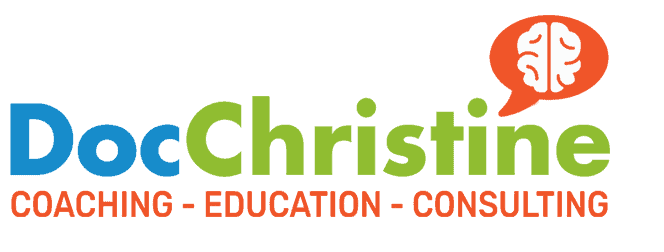Burnout and Depression: What’s The Difference?
Most of us have experienced exhaustion or frustration as a result of our jobs or home lives. And most of us probably don’t consider burnout to be a form of depression, but that isn’t exactly true. Recent studies have shown that depression and burnout aren’t as different as we may think.
After all, burnout and depression have similar symptoms such as: feeling physically and emotionally drained, easily irritated by small problems, misunderstood, and/or underappreciated. However, burnout is often thought to be not as serious as depression. So what’s the difference?
1. The Difference
In general, most psychiatrists agree that burnout is something different from depression. However, in most cases burnout has been predictive of depression. After all, the extreme end of burnout can be linked to physical and mental disorders. And once once burnout becomes extreme, it’s very challenging to recover without sustained help.
In general, burnout is related with a state of extreme exhaustion. This is usually is a result of living in a way that goes against your nature for the long-term. While burnout is not the same as depression, it is still something that should be addressed and not ignored. Generally burnout is a good warning that it’s time to make a change in your life.
2. Symptoms
While everyone is different, there are a few common symptoms of burnout.
- Fatigue
- Lowered Immunity
- Frequent Headaches or Muscle Pains
- Change in Appetite or Sleep Habits
- Feeling detached
- Loss of Motivation
There are many more behavioral, emotional, and physical symptoms however these are the most common.
3. Treatment
So you have identified that you have burnout, now what? What’s the next step? After all, burnout doesn’t go away on its own; rather, it will get worse unless you address the underlying issues causing it. Generally, recovering from burnout doesn’t happen overnight. It’s a process that involves making some changes in your life. So what can you do to recover from and prevent burnout?
- Therapy: A therapist can help you identify the biggest problems at your job, such as poor management or unrealistic expectations, and seek out meaningful change whenever possible. Don’t
overlook therapy as a treatment for burnout, it can be extremely helpful.
- Focus on Yourself: In order to recover and prevent burnout, it is extremely important to make time for yourself. If you spend your working day responding to the demands of other people, burnout is inevitable. Try incorporating daily exercise, eating healthier, picking up a new hobby, or getting more sleep. All of these things can help prevent burnout and lead to a healthier life.
- Reassess Your Goals: Take some time to think about your personal goals and values. Focus on aspects of the job that you do enjoy, even if it’s something as simple as talking with coworkers or helping people. Change the way you look at your job and your role, and see what you could do differently.
The Depression and Burnout Takeaway
In short, burnout is not something that should be ignored. While burnout is not the same as depression, it is a warning sign that you should make some changes in your life. When you’re on the road to burnout, you can feel helpless. But you can take charge and make sure that you are getting the help you need.
Have you experienced chronic fatigue? Then I encourage you to visit my website.


 overlook therapy as a treatment for burnout, it can be extremely helpful.
overlook therapy as a treatment for burnout, it can be extremely helpful.